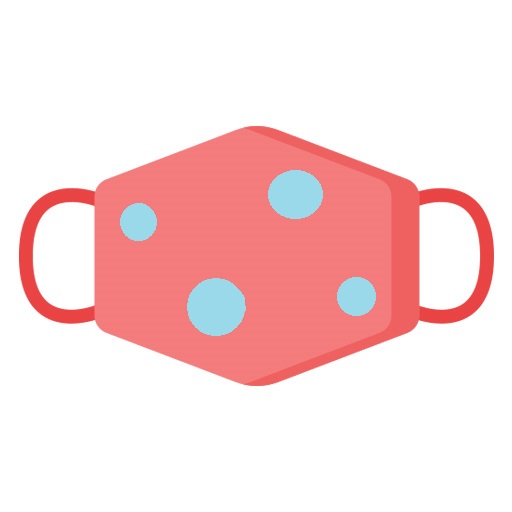Attending school safely
Students and families can also help prevent the spread of communicable diseases in schools by practising personal prevention measures.
Vaccines are important tools to protect against serious outcomes of many communicable diseases, such as COVID-19 and influenza. Students are encouraged to stay up to date on
all recommended vaccines for communicable diseases.
Learn more
Health Checks mean monitoring yourself or your child for symptoms of illness.
- If a student is sick or has symptoms of illness and is unable to fully participate in regular activities, they should stay home.
They can return when they feel well enough to participate in regular activities or when a healthcare provider advises they can return.
Those experiencing certain illnesses, such as gastrointestinal illness caused by norovirus, may be advised to stay home for longer.
- You can also consult a health care provider or call 8-1-1 or visit
HealthLink BC for advice.
Students should practice good respiratory etiquette, including:
- Cough or sneeze into their elbow or a tissue. Throw away used tissues and immediately perform hand hygiene.
- Refrain from touching their eyes, nose, or mouth with unwashed hands.
- Refrain from sharing any food, drinks, unwashed utensils, cigarettes, or vaping devices.
Masks
may provide some protection to you, and to those around you. The decision to wear a mask should be based on personal choice.

Some students and staff may choose to wear mask or face covering throughout the day or for certain activities. The choice of students to practice additional personal prevention measures should be respected.
See the
Masks page for more information on how to use a mask properly.
